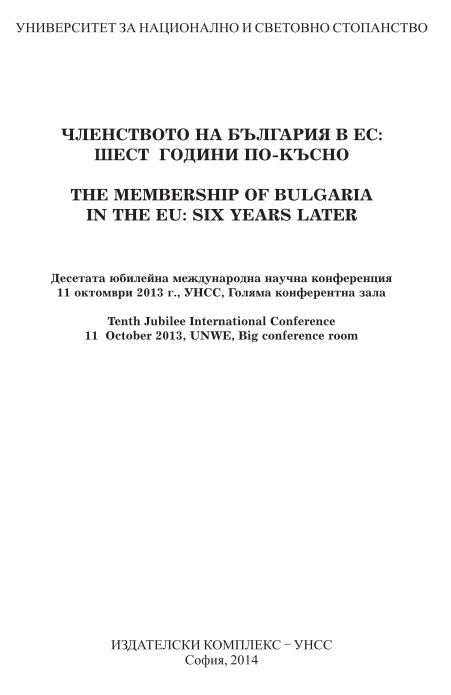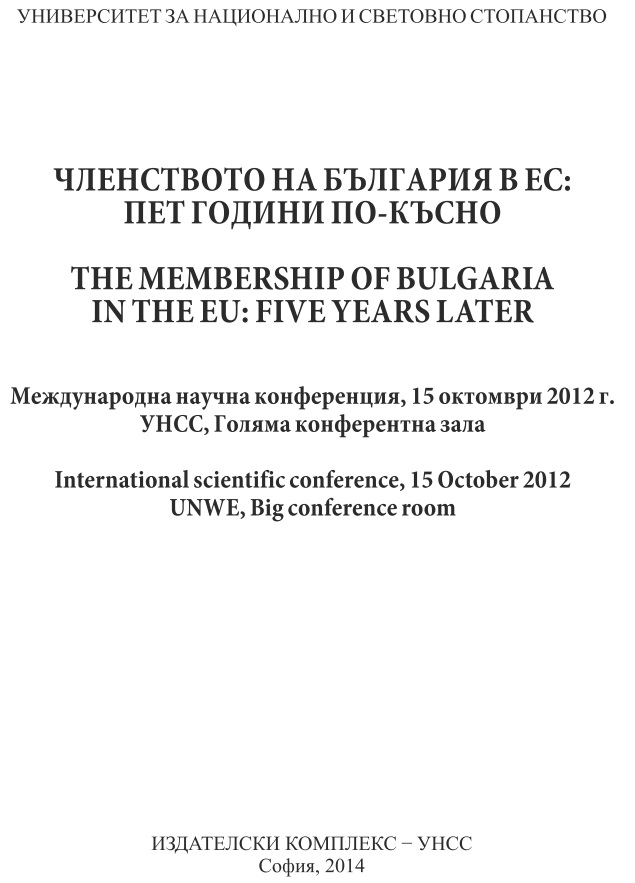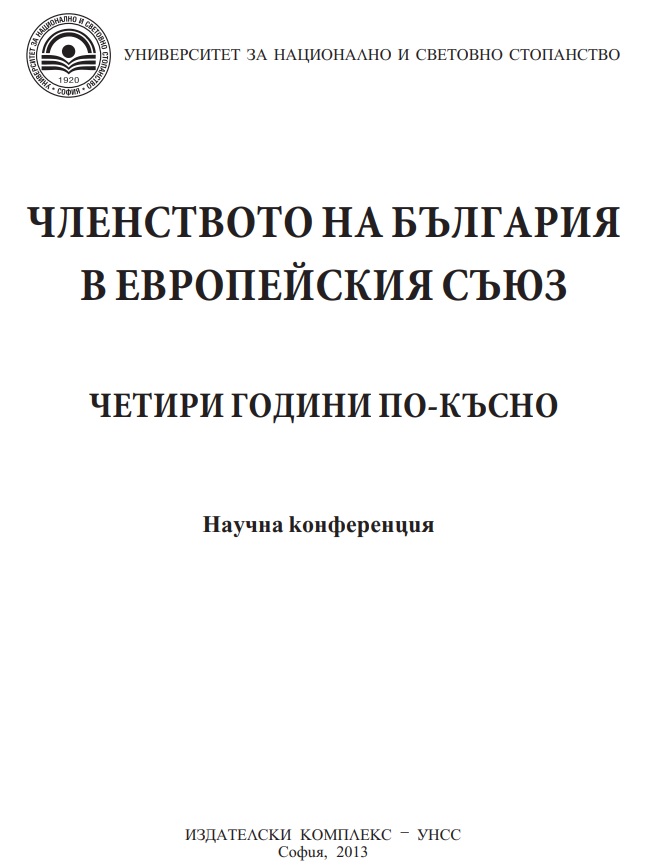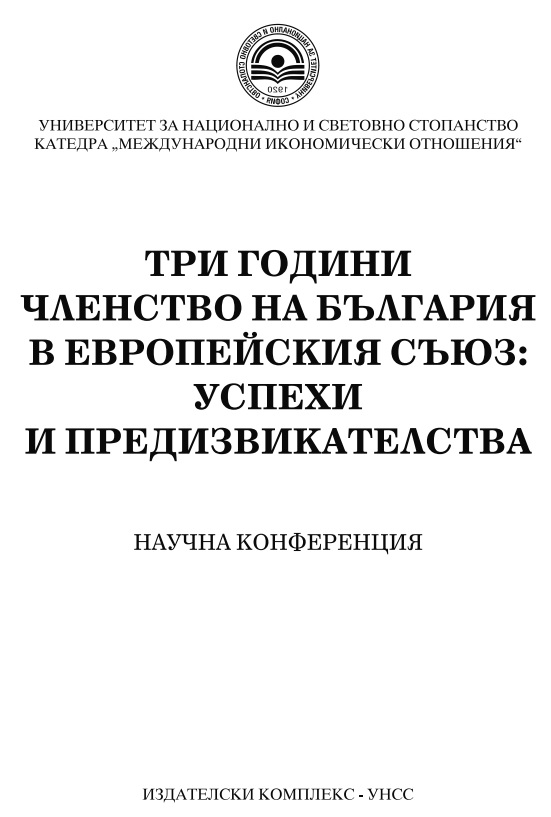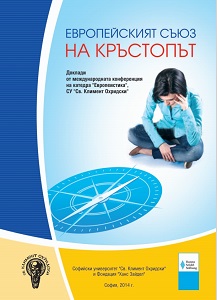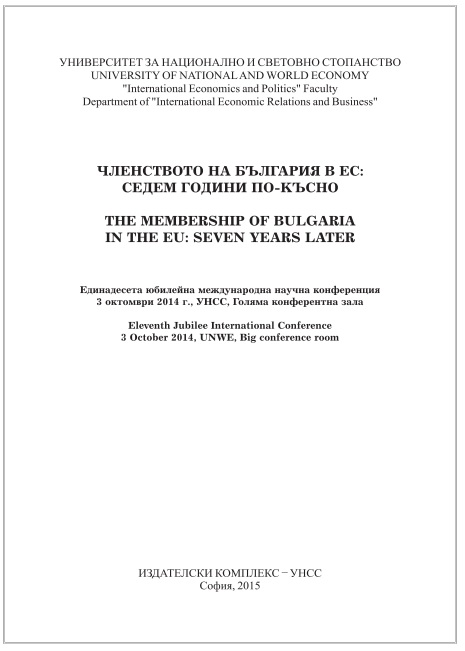
Кръгът преговори „Доха“ и общата аграрна политика на Европейския съюз
The present report analyses the nature and the chronology about the Doha Round of Negotiations as well as the main elements of the Common Agricultural Policy (CAP) of the EU. Then the author analyses the links between the Doha Round and the CAP, including the positions expressed by the EU and by the developing countries during the course of negotiations.
More...
